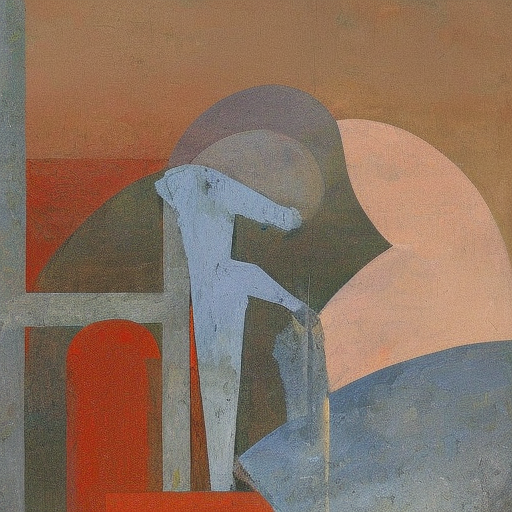Summary of Umberto D. by Vittorio De Sica
One-line summary: Umberto D. is a poignant Italian neorealist film directed by Vittorio De Sica that follows the struggles of an elderly pensioner and his loyal dog as they face poverty and loneliness in post-World War II Italy.
Main Cast and Crew:
- Director: Vittorio De Sica
- Writer: Cesare Zavattini
- Key Actors: Carlo Battisti as Umberto Domenico Ferrari, Maria Pia Casilio as Maria, Lina Gennari as Antonia Belloni
- Music Director: Alessandro Cicognini
- Director of Photography: G.R. Aldo
- Producers: Angelo Rizzoli, Giuseppe Amato
Plot:
Umberto D. tells the story of Umberto Domenico Ferrari, an elderly pensioner living in Rome. Struggling to make ends meet on his meager pension, Umberto faces eviction from his rented room due to unpaid rent. He forms a deep bond with his loyal dog, Flike, who is his only companion in his lonely existence.
Umberto tries various means to raise money, including pawning his watch and attempting to sell his books, but his efforts are in vain. He seeks help from his pregnant maid, Maria, who is also facing her own financial difficulties. Despite her sympathy, Maria is unable to assist him.
As Umberto’s situation worsens, he contemplates suicide but is unable to go through with it. He visits a hospital and befriends a young girl who is also lonely and neglected. In a heart-wrenching scene, Umberto tries to convince the girl to leave her life on the streets and return to her family, but she refuses.
Facing eviction, Umberto is forced to leave his room and seeks refuge in a park. He is eventually arrested for trying to retrieve his belongings from his old room. However, he is released when his landlady discovers that he has attempted suicide.
In the end, Umberto and Flike find solace in each other’s company, as they wander the streets of Rome, uncertain of their future.
Themes and Motifs:
Umberto D. explores themes of poverty, loneliness, and the human struggle for dignity. The film portrays the harsh realities faced by the elderly in post-war Italy, highlighting the indifference of society towards their plight. The bond between Umberto and Flike symbolizes the importance of companionship and the unconditional love that animals can provide.
The motif of loneliness is prevalent throughout the film, as Umberto finds himself isolated from society and abandoned by his own family. The film also examines the moral and ethical dilemmas faced by individuals in desperate situations, as Umberto contemplates suicide but ultimately chooses to persevere.
Reception and Legacy:
Upon its release in 1952, Umberto D. received mixed reviews from critics but has since gained recognition as a classic of Italian neorealism. The film was praised for its realistic portrayal of poverty and its emotional impact. It won the International Prize at the 1952 Cannes Film Festival and was nominated for the Palme d’Or.
Umberto D. has had a lasting impact on cinema, influencing subsequent generations of filmmakers. Its exploration of social issues and its humanistic approach continue to resonate with audiences today.
Recommendation:
Umberto D. is a powerful and emotionally charged film that offers a poignant portrayal of the struggles faced by the elderly in society. It is a must-watch for fans of Italian neorealism and those interested in thought-provoking cinema. However, viewers should be prepared for its somber tone and heartbreaking moments.
Memorable Quote:
“Life is all right, but it’s hard on the feet.” – Umberto Domenico Ferrari












